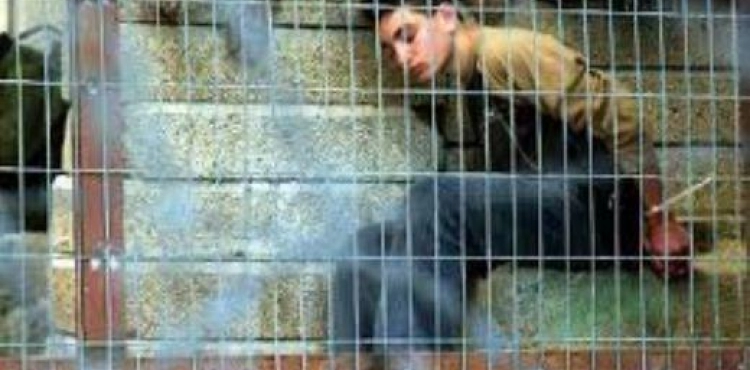The Palestinian Prisoners and Ex-Prisoners Affairs Authority confirmed that the Israeli occupation authorities continue to detain around 170 children distributed across 'Ofer,' 'Majdoo,' and 'Al-Damon' prisons in the West Bank.
In a report issued on Tuesday morning, the Authority stated that these prisons lack the minimum living and humanitarian conditions.
The Authority mentioned that child prisoners are subjected to torture methods and treatment that degrade their dignity and contradict international human rights standards. It emphasized that the violations these children experience in occupation prisons 'have never occurred in the history of rights and nations.' This marks a stain on the reputation of international human rights organizations, which have failed to secure the minimum protection for these children.
The Authority reported that since the year 2000, Israeli forces have arrested at least 17,000 Palestinian minors, aged between 12 to 18. Several cases of arrest and detention of children under 10 years old have also been documented.
Approximately three-quarters of the child prisoners have experienced some form of physical torture, and all detainees have faced psychological torture during different stages of their detention, as indicated by the latest statistics and their documented testimonies from visits by legal teams to the occupation's prisons.
The Authority highlighted that the percentage of arrested minors from Jerusalem is the highest, with dozens of them being arrested daily and unlawfully detained. Moreover, they face policies of house arrest, exile from Jerusalem, and hefty fines.
It's worth noting that the total number of prisoners in Israeli detention is around 5,000, including 170 children, 19 of whom are administrative detainees, 31 are females, and 18 are journalist prisoners. Additionally, there are around 1,300 administrative detainees and 700 sick prisoners, including approximately 200 cases requiring urgent intervention and necessary care.












